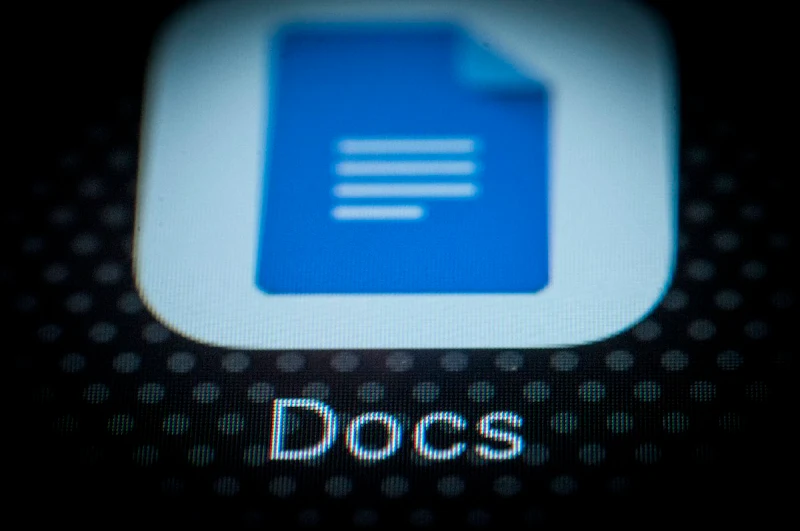Google brings different updates for its Workspace customer to improve the performance and execution of work as it has a large number of users from all over the world. Therefore, recently, Google has announced that it will update the way Google Docs renders documents to improve the reliability and execution on several platforms, over the course of the next few months. It will be shifting away the basic technical execution of Docs from the recent HTML-based rendering style to a canvas-based approach. Google said that it does not expect that this canvas-based approach will not affect the functionality of features in Docs, but somehow, it might affect few Chrome extensions, where they may no longer perform as planned.
Canvas-based rendering will particularly increase the reliability of how the content looks on different platforms, besides just enhancement in performance, Google assumes that the current working of Docs will not be impacted by the canvas-based rendering. Few extensions of Chrome depend on the way the backend of a Google Doc is designed or particular bits of HTML to function appropriately. By switching from HTML-based rendering to a canvas-based rendering, a few of the extensions of Chrome may not work according to plan on docs.google.com and may require to be upgraded to function properly.
Administrators are suggested to review the existing extensions deployed in the organization versus a sample Google Docs that uses canvas-based rendering and to check out your extensions. There are no obvious user-facing discrepancies. Google said that if you are building your own integrations with Google Docs, it suggests operating the Google Workspace Add-ons framework, which uses the backed Workspace APIs and integration points. This will be supportive in verifying that there will be a fewer work in the future to sustain periodic UI implementation changes to Docs.
If a company has built its own Chrome extension that the company thinks that it will be affected by this new canvas-based rendering and it is not able to switch to the Google Workspace Add-ons framework, then this company can submit this form to provide the response and can inform the team to help them out. But Google said that this major shift to improve the consistency and performance will not occur quickly, rather it will take some months.

Photo: NurPhoto - Getty Images
Read next: An annoying change for the Omnibox custom search engines has been brought back by the latest version of Google Chrome, but this time behind a flag
Canvas-based rendering will particularly increase the reliability of how the content looks on different platforms, besides just enhancement in performance, Google assumes that the current working of Docs will not be impacted by the canvas-based rendering. Few extensions of Chrome depend on the way the backend of a Google Doc is designed or particular bits of HTML to function appropriately. By switching from HTML-based rendering to a canvas-based rendering, a few of the extensions of Chrome may not work according to plan on docs.google.com and may require to be upgraded to function properly.
Administrators are suggested to review the existing extensions deployed in the organization versus a sample Google Docs that uses canvas-based rendering and to check out your extensions. There are no obvious user-facing discrepancies. Google said that if you are building your own integrations with Google Docs, it suggests operating the Google Workspace Add-ons framework, which uses the backed Workspace APIs and integration points. This will be supportive in verifying that there will be a fewer work in the future to sustain periodic UI implementation changes to Docs.
If a company has built its own Chrome extension that the company thinks that it will be affected by this new canvas-based rendering and it is not able to switch to the Google Workspace Add-ons framework, then this company can submit this form to provide the response and can inform the team to help them out. But Google said that this major shift to improve the consistency and performance will not occur quickly, rather it will take some months.

Photo: NurPhoto - Getty Images
Read next: An annoying change for the Omnibox custom search engines has been brought back by the latest version of Google Chrome, but this time behind a flag
